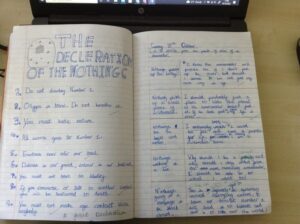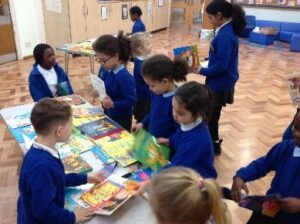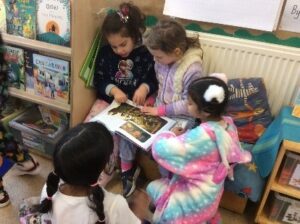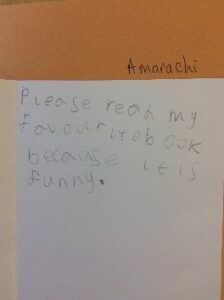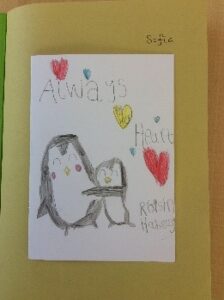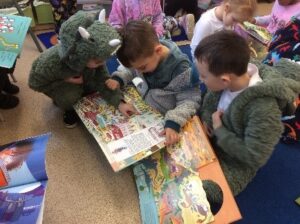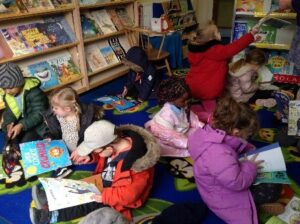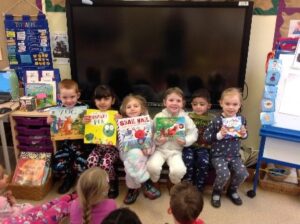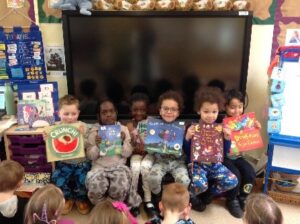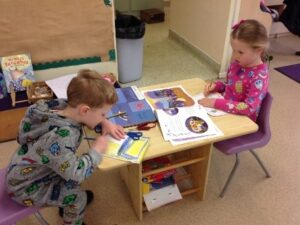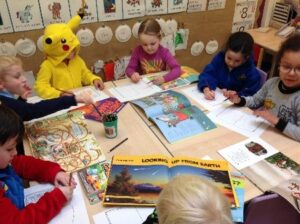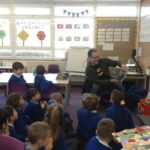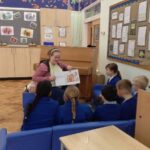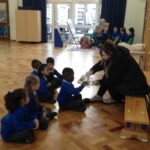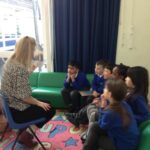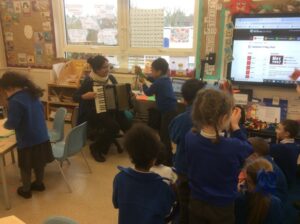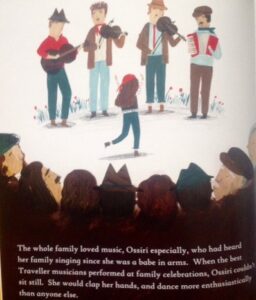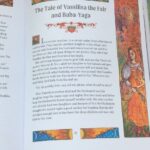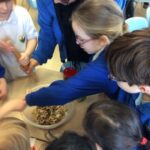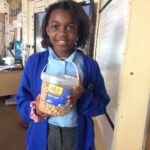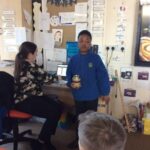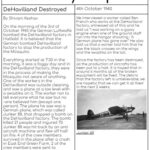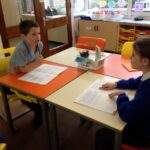Subject Lead: Ms C Curtis
- English at The Ryde School (468.07KB)
- English School Development Plan 2023-24 (356.46KB)
- Exemplification of sentence and punctuation (298.53KB)
- Knowledge and skills for writing (1.57MB)
- Phonics and Early Reading Policy June 2022 (640.27KB)
Useful Resources
- Book Trust Great Book Guide (2.87MB)
- Reading Vipers for KS1 (1.27MB)
- Reading Vipers for KS2 (1.35MB)
World Book Day at The Ryde – March 2024
Children at The Ryde School love to read and we spent the week celebrating books! As it states in the Reading Framework:
“Through the books and poems they encounter, through the characters and situations that they meet, and the discussion that surrounds the text, pupils have a chance to experience the excitement, wonder and fascination that can come from reading, to feel what it is like to lose themselves in a story.” (Reading Framework July 2023)
We had a travelling book fair set up in our school hall for the week which promoted and enticed children to explore new books and authors. On Thursday 7th March it was World Book Day. We invited all children and staff to bring in their favourite book to share with their class. During the day the children had the opportunity to promote their favourite book and encourage other children to read it as well. To highlight the importance of reading, especially at bedtime, all children were invited to wear pyjamas or a onesie to school.
We finished our celebration of books on Friday with a Book Swap day. Children were invited to bring in a book in good condition but they no longer needed and chose a different book. It was a perfect opportunity for children to trade in books they have already read for a new book that interests them.
We had a super week celebrating our love of books!
World Book Day at The Ryde – March 2023
This year The Ryde celebrated stories from cultures around the world. Some parents came in to school to read books that their families enjoy sharing at home. The children really enjoyed these sessions!
Each class chose a book to share with their children and then did a food related activity to further explore the culture of the book.
Reception
Reception class read Mama Panya’s Pancakes, a tale from Kenya. They then made and tasted pancakes.
Year 1
Year 1 have been reading Ossiri and the Bala Mengro by Richard O’Neill and Katherine Quarmby. We found this page particularly fascinating as there was a musical instrument we had not seen before. Luckily Mrs Ratnam could tell us all about it and even brought one in to play for us. It was an accordion. We had so much fun choosing songs to sing along to the accordion. As it was Chinese New Year we made concertina dragons and they enjoyed dancing along too during our music lesson.
Year 1 read The Tale of Vassilisa the Fair and Baba-Yaga. They were able to link the story to other Fairy Tales that they had studied and some of the children were able to recognise the characters from stories from their culture. They then made a Shokoladnaya Kolbasa which is a Russian chocolate salami.
Year 2
Year 2 read a Ukrainian story called Sister Goat which had similarities to some of the Fairy Tales that they have read in class. The book is dual language and one of our pupils was able to read some of the Ukranian text to the class. The class then made some Ukrainian cookies.
Year 3
Year 3 read Jas i Malgosia from Klasyka Basni. One of our pupils read some of it in Polish and taught the class some words so that they could join in. The story is a version of Hansel and Gretel. The class then made some gingerbread. They tasted Polish cakes and biscuits that one of our families had donated.
Year 4
Year 4 read an African story called The Feast which is about the festival Kwanzaa. They then designed their own feast with some of their favourite foods.
Year 5
Year 5 read a Zimbabwean story called Mufaro’s Beautiful Daughters. This story has many similarities to Cinderella. Some of the class brought food in to share with their peers.
Year 6
Year 6 read the Hindu myth Rama and the Demon King. They then taste tested some popular snacks from India. They are going to continue sharing Hindu myths.
The children really enjoyed the day and have learnt lots about the stories and cultures of their peers.
Exploring English at The Ryde School
Reception
Books Reception have read.
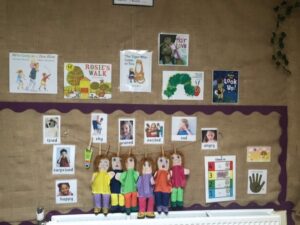
Vocabulary to help us express our emotions.
Year 1
An activity to help us create a word bank about fire.
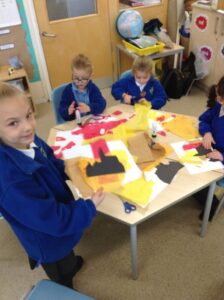
Art inspired by setting of We’re Going on a Bear Hunt.
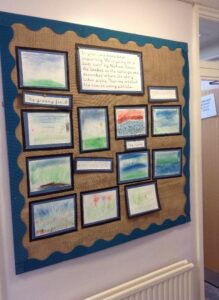
Year 2
The children wrote predictions about where Beegu is from.
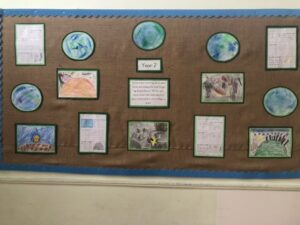
Year 3
Playing with words to create poems.
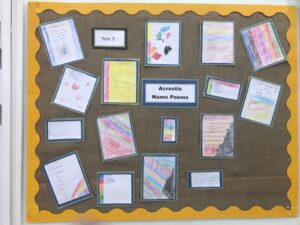
Year 4
The children completed a detailed study of The Kapok Tree.
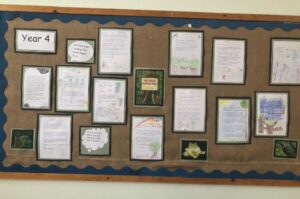
Year 5
- Writing newspaper reports
- Sharing ideas
Year 6
Learning to use precise vocabulary.
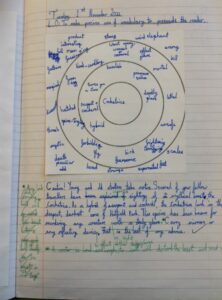
Creating a mock declaration of rights.
